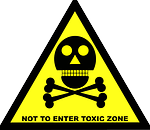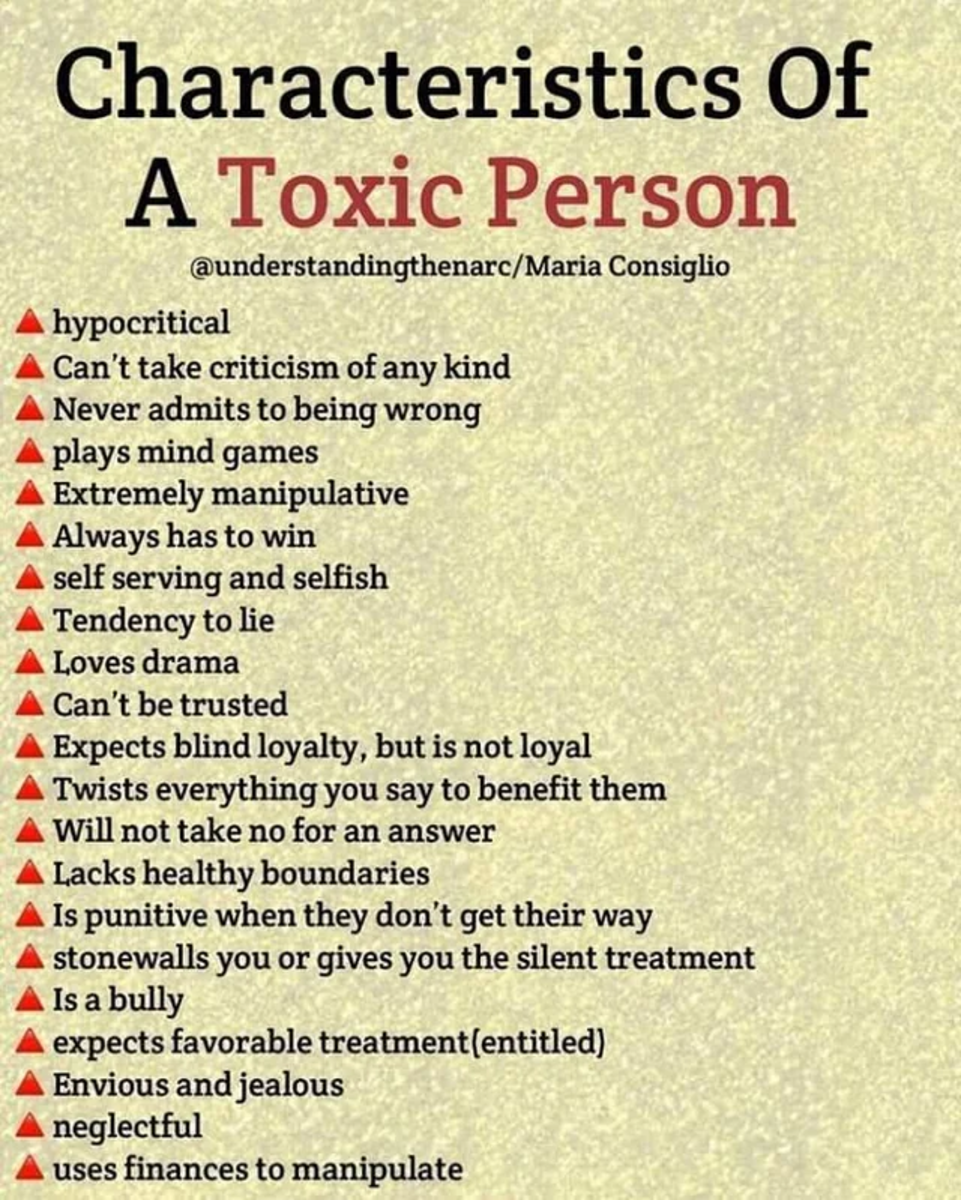Functioning in a toxic work environment
The quality of our work lives has a huge impact on the quality of our lives in general. In an economic environment that makes it difficult to switch jobs and almost impossible to switch careers, many of us find ourselves stuck working in less than ideal work environments. In this article we will address how to cope with a work environment that has become so hostile and so harmful it is toxic.
Finding meaning in mundane work can be difficult, but it is possible.

Find meaning in your work.
Those in helping professions may have it easiest when it comes to this skill. If you are a nurse, teacher, or homeless shelter case manager, you know you are helping others even if management is bullying you and co-workers talk behind your back. What if you are manufacturing widgets? What purpose does that have in the long run?
Work has many benefits beyond the ability to feed one’s family. Work provides intellectual stimulation including the development of critical thinking skills. Work provides an opportunity to create a product or service that is high quality and valued by others. Work provides stability and routine, which admittedly could be a negative, but for most is a needed part of life. Take some uninterrupted, time alone to explore the purpose behind the job you do.
We all know better than to gossip, but it is so hard to resist.

Stay out of office gossip.
While it is easy to advise workers to stop listening to office gossip, in reality it is much harder to do. Some have been successful by not being available to listen at all. Keep headphones on so that you do not accidentally hear juicy details being told to someone else. Conveniently find yourself on your way to a meeting or finishing up an important report when the gossiper comes to visit.
Another, slightly cynical, approach is to spread truly outrageous rumors instead. Consider the following exchange.
Bob: Did you hear Sally got written up stealing office supplies?
Ann: Yes, I did. I heard she sold your file cabinet on ebay to Mickey Mouse and your desk on craigslist to Donald Duck. Did she even ask you first?
When Bob gets over his confusion he is less likely to bring his next tidbit of gossip to Ann and he is not likely to spread Ann’s rumor because it is so weird. If he does spread the outrageous rumor he will look foolish and Ann will expose him as a gossiper. The key to being successful with this strategy is making certain the rumor really is unrealistic. Rumors involving dinosaurs, celebrities, aliens, and mythical creatures such as Smurfs, can be very effective in teaching the gossiper you do not want to hear their stories.
Make certain you are not unintentionally contributing to the rumor mill. Refrain from talking about your job in social media. “My co-workers are driving me crazy,” is not an appropriate Facebook post no matter how true it may be. If you have a concern about a work related issue speak to the person directly involved first and make certain there is not an audience at the time. Refrain from complaining about former employees as they may return to their old positions.
What are your thoughts?
Have you ever worked in an environment that was hostile to your professional growth and productivity?
Embrace the golden rule.
You learned it as a child, but some workers never really embraced it. You can lead by example. Do unto others as you would have them do unto you. Your co-worker never speaks when they enter the room? Rather than refuse to speak to them, give them a personal welcome every morning. Your bosses consistently take credit for work you did? Make certain you acknowledge even the smallest contribution they make to your own work. Will it change them? Maybe. The goal is really not to change them.
The goal is really to change you. This line of thinking can cause you to relax and appreciate the positives in your co-worker more.
Find a temporary time out.
Sometimes 10 to 15 minutes away from the toxicity can be very helpful. Walk around the building. Shoot an email to yourself expressing your frustrations (provided your boss does not have access to your email). Read a training manual. Go out for lunch, even if you bring your lunch from home. Redecorate your cubicle. Call a cheerful client or mentor. Play a single game of Candy Crush. Unplug your phone. Set a timer if you think you will overindulge during the break time.
Mini "escapes" can help reduce stress in an toxic environment
One Day Escapes
| 1 Hour Escapes
|
|---|---|
Attend a training
| Get a massage during your lunch break
|
Visit a satellite office
| "Forget" the frustrating meeting they really did not need you to attend anyway
|
Go see a client instead of meeting by phone
| Plan a special lunch or gourmet dessert
|
Schedule yourself to work on a weekend day instead of during the week when the toxic people are present
| Watch 1/2 of your favorite movie on Youtube.
|
"Bee" productive

Get your work done.
While this may go without saying, it is very easy to overlook the value of being productive in an environment that is not productive. Get in the zone. Buckle down. Just do it. Whatever cliché works for you, use it. In many cases the sooner you get your work done the sooner you can leave. This is true in the short-term as you may be able to leave for the day early and in the long-term as your productivity prepares you for a new job. There is also a sense of pride that follows a job well done.
We know what does not work.
For years we were told it was important to release anger and therefore people everywhere were encouraged to punch pillows, tear up paper, and take up boxing. Modern research is showing the release of anger only makes people angrier. So before you start throwing darts at your boss consider something more calming such as praying a blessing over her.
Some issues cannot be tolerated.

Know when you must get out.
While most dealing with a toxic work environment can use a variety of coping skills to make the environment more tolerable, there are some situations that cannot be tolerated. In those situations an immediate resignation is the only cure.
If you are being asked to do something that is illegal or immoral, it is time to get out. Quitting your job may cost you your financial freedom, but getting caught doing something illegal can cost you your freedom period. Do not allow the insignificance of the action or the infrequency of the action fool you into believing the action is benign. Anyone who would ask you to do something illegal would also lie about telling you to do it when the pressure is on them.
If you engage in tasks that violate your moral compass you betray yourself. It will become increasingly difficult to avoid deep feelings of guilt and regret. It is one thing to violate rules another has created and enforced, it is another thing to violate the rules that define who we are. It has been hypothesized that violating our own moral compass cause such serious trauma to the psyche that a mental health disorder could develop. Often these types of dilemmas can be solved with a conversation with an immediate supervisor or with someone from human resources. If those avenues are not effective, it is time to quit.
Toxic work environments are draining and generally unproductive, but workers who are intentional about having a positive work experience can survive and even thrive in such an environment.








